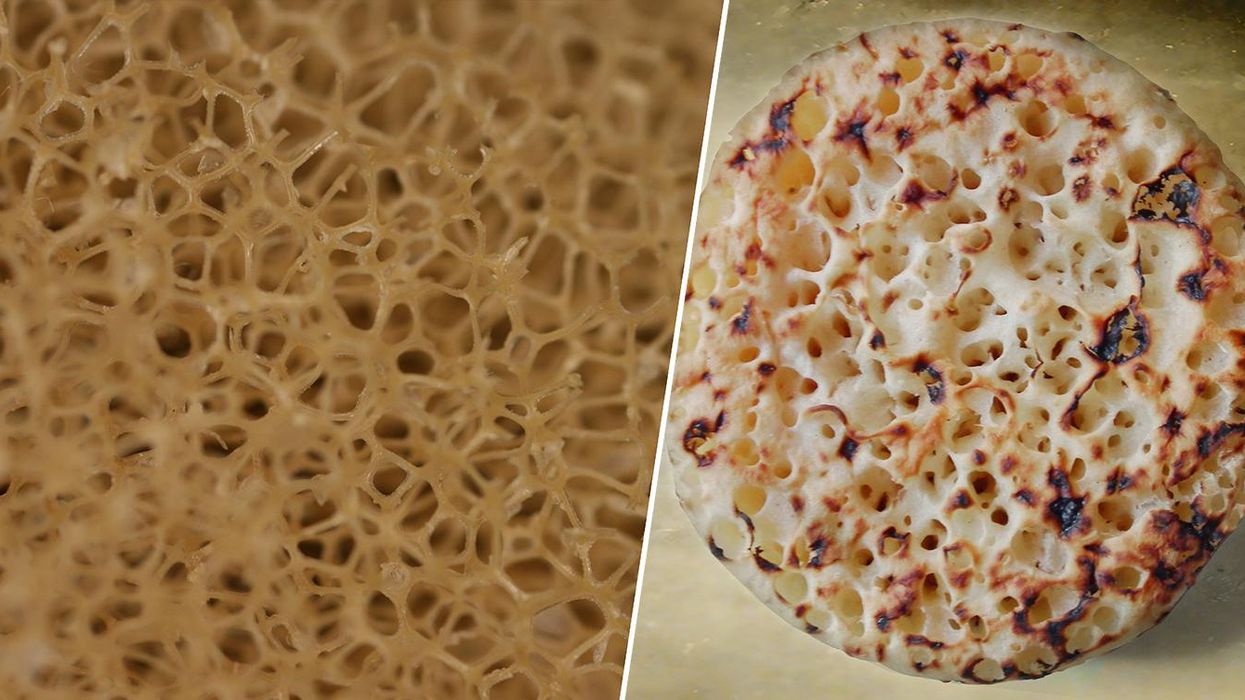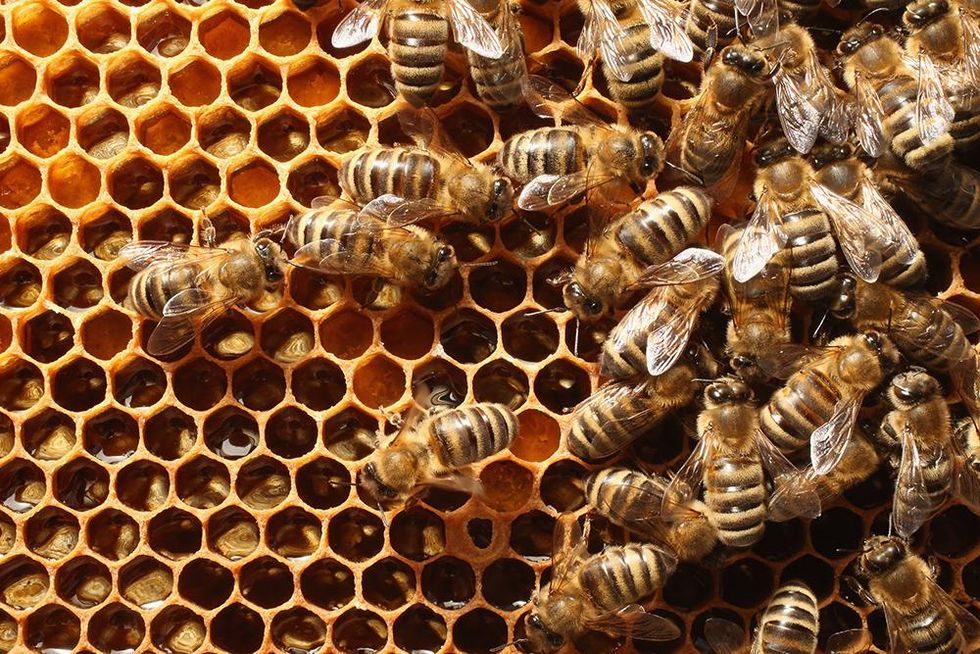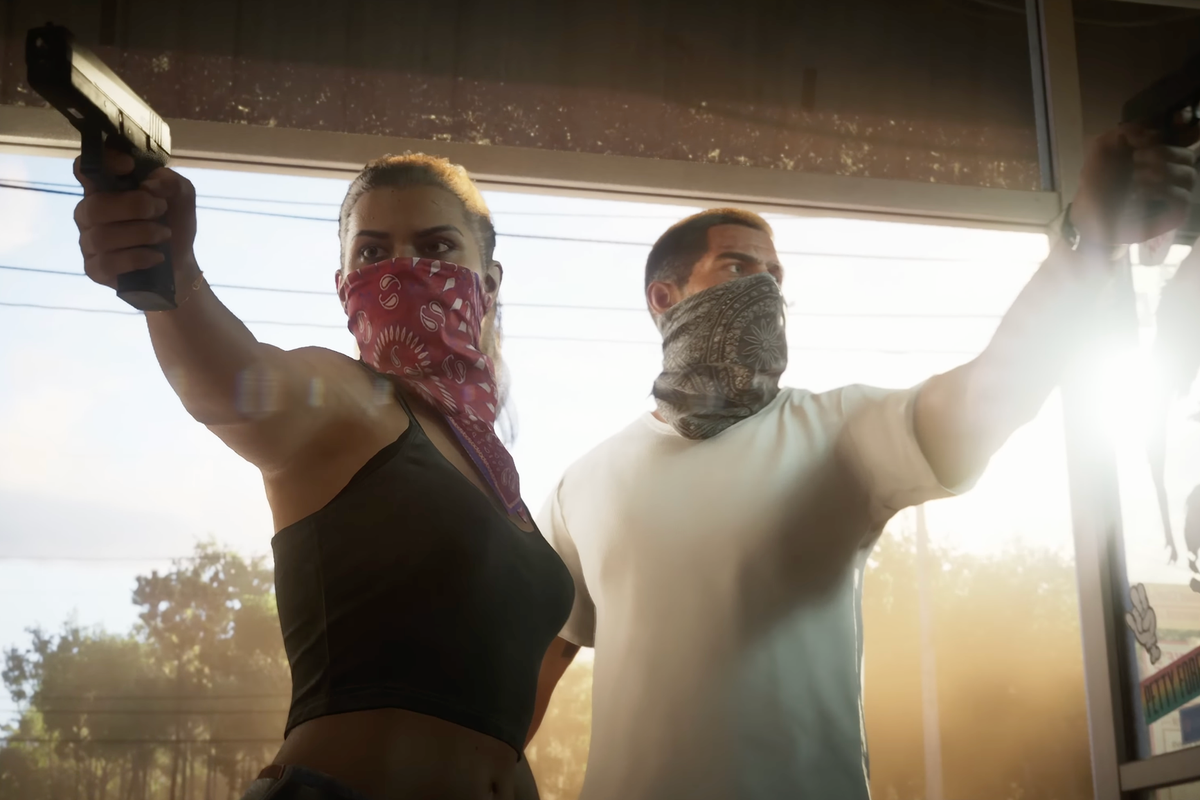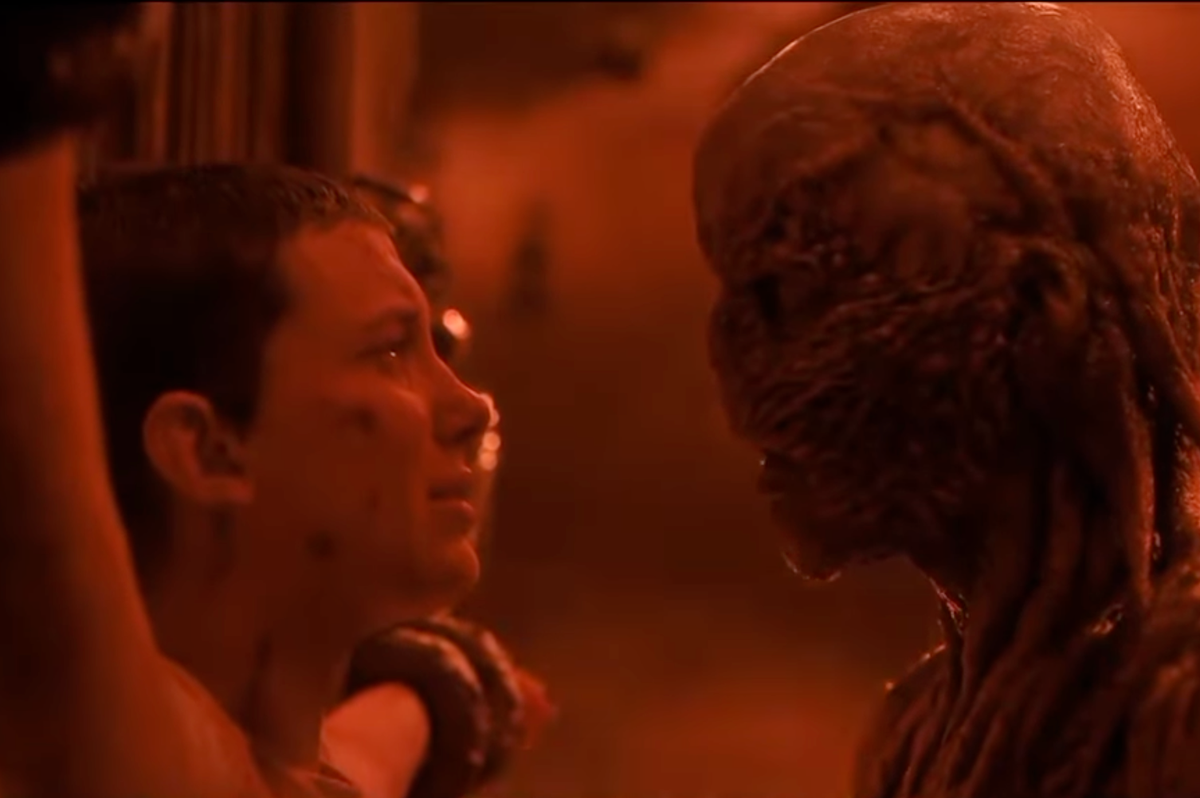Viral
Louis Dor
Apr 02, 2016

Pictures: Flickr/Caroline/Quinn Dombrowski
Trypophobia is a fear of holes.
It is a condition which triggers an emotional reaction when viewing images of clusters of objects - usually with perforations or holes in them, such as the above images of a sponge and a crumpet.
These should be innocuous images - but there's a reason that they can induce such a reaction in people.
According to Arnold J Wilkins, a professor of psychology at the University of Essex, phobias are normally thought to arise due to evolutionary learning - ie dogs because they can bite, or snakes and spiders due to the prospect of venom:
In the case of trypophobia, there is no obvious threat, and the range of images that induce the phobia have very little in common with one another, other than their configuration.
It appears that it is this configuration that holds the key to the emotion that the images induce. Individuals who do not profess trypophobia still find trypophobic images aversive, although they do not experience the emotion.
They do so because the configuration gives the image mathematical properties that are shared by most images that cause visual discomfort, eyestrain or headache.
In essence, your brain doesn't process these images efficiently and more brain oxygenation occurs as a result, as proposed in a study by Wilkins and Paul B Hibbard.
This can lead to visual discomfort, eyestrain and headaches - which the phobia could be a developed reaction to.
More: This is what countries around the world fear the most
More: David Cameron's Yorkshire accent will make you feel uncomfortable
More: This artist turned her body into a canvas to make a beautiful statement about beauty standards
Top 100
The Conversation (0)














